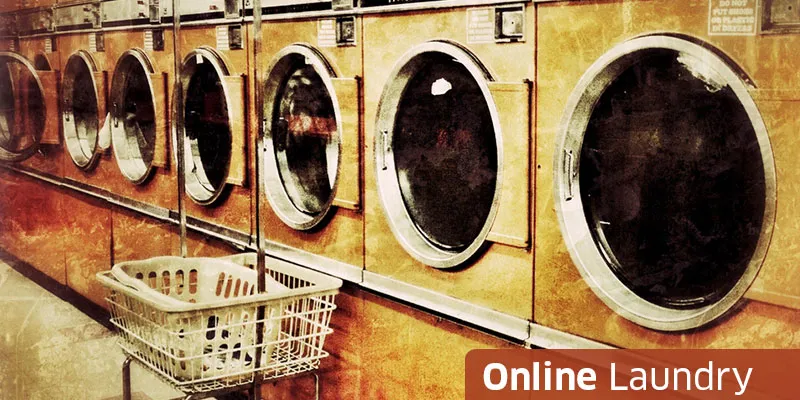Why laundry startups should rethink their communication
Laundry startups have been one of the most competed segments in the Indian consumer tech space, apart from foodtech, in the recent past. And incidentally, they have also seen a high fatality rate. Either they have gone unnoticed or we have finally become more used to startups closing down and business segments recalibrating themselves.
Why should a business close down if it provides real value to the customer? One reason can be that the laundry startups have found it very difficult to differentiate themselves or have any product innovation, and are solely relying on delivering consistent results to customers. In the long run, delivering consistent results to the customers is the only thing that’s going to matter.

But meanwhile the customer needs to realise that the business is delivering value to them. I did a simple calculation comparing the cost for washing and ironing five kg of cloth if done at home, versus being given to a laundry startup. Note that this is not the pricing of services but the cost at which both the parties get it done. The logic is that the cost for the customer to do his laundry at home should be higher or at least at par with the startup for the business to make it a viable opportunity. The logistics costs represent the cost at which a mature operation may operate and even the largest startup in the space may be two years away from achieving these costs.
These calculations are based on some simple assumptions. Both costs come close and it’s not useful debating the minor differences at this stage.
Therefore, assuming that the customer wants to have a hassle-free life, laundry startups stand a chance. A real chance. But why does the customer not see this value?
You would notice that there are two costs that customers probably are not thinking about when they are making the decision of whether to do their laundry at home or give it to a laundry startup.
- Amortised cost of equipment – The cost of buying a washing machine is a relatively smaller expense for an Indian middle-class family, so it’s difficult to explain. And in any case, they never had a choice till now.
- Cost of human labour – This is the trickier part. In my comparison, I have assumed that a help would be washing the clothes at home. Therefore, the cost of time spent on this activity is manageable. However, the perceived cost of time for the customer doing it himself should be significantly higher.
And this is exactly where laundry startups drive significant value to the customer.
Now, when we look at the communication by the laundry startups, it is invariably focussed on convenience.
One of these above companies needs to come forward and tell the Indian customer- “Dude, your time is expensive. It's real money. Save it with us.”
Who would take up this challenge?
This article was first published here.
(Disclaimer: The views and opinions expressed in this article are those of the author and do not necessarily reflect the views of YourStory.)







